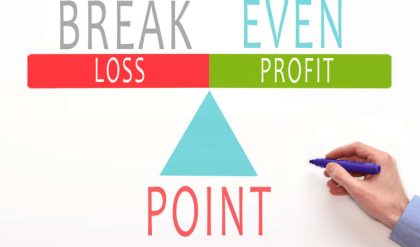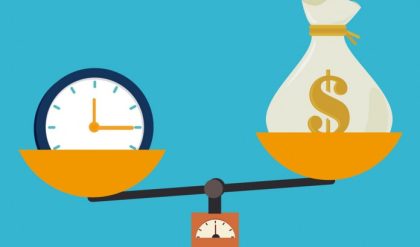Professional economists apply their skills of description, analysis, model building, and prediction to generate knowledge and, from this, provide advice to private firms, to governments and other organisations.
Providing knowledge
1. The first function of the economist is to provide information, called economic intelligence, from which decisions can be made. For firms to survive and succeed, they need to take many decisions, but each decision carries with it a risk. The professional economist can help reduce such risks by gathering and analysing economic intelligence. This economic intelligence is only useful when it can be put into an economic model, and then applied to the decisions that need to be taken.
2. The second function of the professional economist is to interpret the data that has been gathered and provide informed advice to firms, organisations, and governments about the likely costs and benefits of the decisions they make.
In providing advice, the economist will always make an assessment of the other options that could have been chosen. For example, a large petrol refiner and retailer may be faced with a significant rise in the costs of crude oil – should it now raise price? After having made an assessment of all the pricing options, and having taken account of the likely response of rivals, the firm’s chief economist may advise it to hold price constant – perhaps the least ‘common sense’ answer.






Comments are closed.